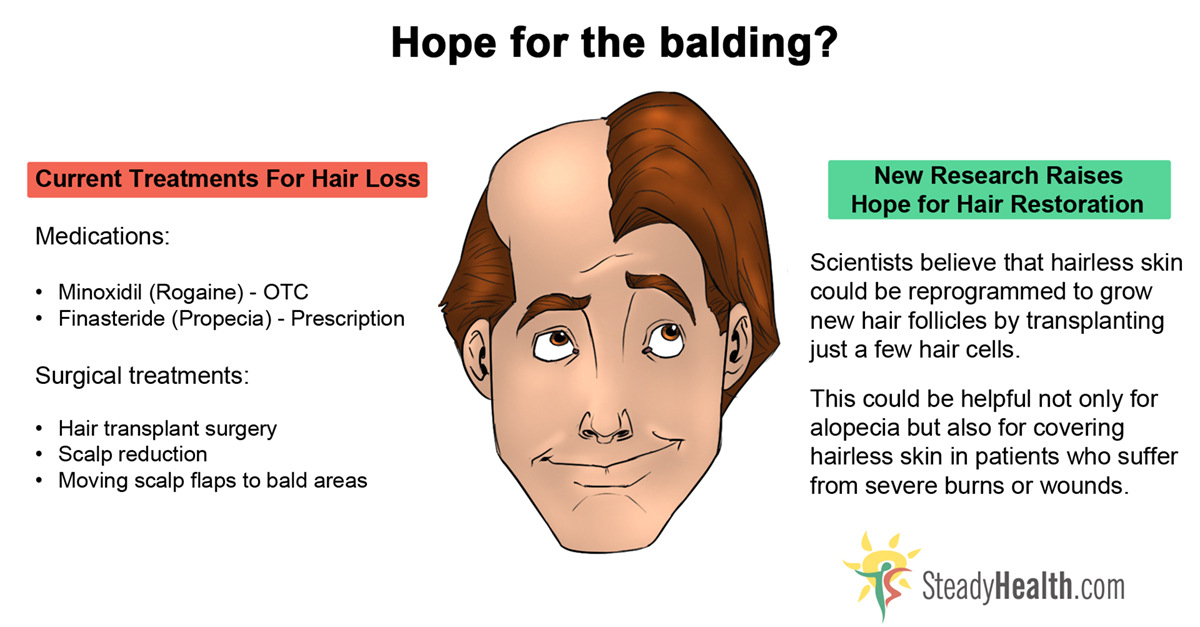Get relevant information about Scientists Link Male Pattern Balding To Wildly Popular Beverage in this article, hopefully helping you in your information search.

Scientists Link Male Pattern Balding to Wildly Popular Beverage
For centuries, men have sought to understand the enigmatic phenomenon known as male pattern balding. While genetics play a significant role, recent studies have uncovered a surprising link between this condition and the consumption of a widely consumed beverage: coffee.
The discovery has sent shockwaves through the scientific community and sparked widespread concern among coffee aficionados. This article delves deep into the connection between male pattern balding and coffee, exploring the latest research, expert insights, and implications for caffeine-loving individuals.
The Bitter Truth: Coffee and Male Pattern Balding
Male pattern balding, also known as androgenetic alopecia, is a common condition that affects millions of men worldwide. It manifests as a gradual thinning of hair, often beginning at the temples and crown of the head. While the condition is primarily caused by a genetic predisposition, environmental factors, such as stress and diet, can also contribute to its onset and progression.
Recent research has shed light on the potential role of coffee consumption in male pattern balding. Studies have found that men who regularly drink coffee are more likely to experience hair loss than those who abstain. The link is attributed to caffeine, a psychoactive stimulant present in coffee. Caffeine has been shown to constrict blood vessels in the scalp, restricting the flow of nutrients to hair follicles.
Caffeine’s Role in Hair Loss
The exact mechanism by which caffeine promotes hair loss is still being investigated. However, several theories have emerged:
- Vasoconstriction: As mentioned earlier, caffeine constricts blood vessels, reducing blood flow and oxygen to hair follicles. This can impair the delivery of nutrients essential for healthy hair growth.
- Hormonal Imbalance: Caffeine can interfere with the body’s hormonal balance, particularly the levels of testosterone and estrogen. These hormones play a role in hair growth, and their disruption can contribute to hair loss.
- Oxidative Stress: Caffeine has antioxidant properties, but it can also generate free radicals when consumed in excess. Free radicals can damage hair follicles and promote hair loss.
The Verdict: Moderate Consumption or Avoid?
The research linking male pattern balding to coffee consumption is compelling, but it’s important to note that the relationship is not absolute. Not all men who drink coffee will experience hair loss, and the severity of hair loss can vary based on individual factors.
If you’re concerned about the potential impact of coffee on your hair, consider the following tips and expert advice:
- Moderate Consumption: If you enjoy coffee, consider limiting your intake to one or two cups per day. This amount is unlikely to cause significant hair loss in most individuals.
- Choose Decaffeinated Coffee: Decaffeinated coffee contains minimal caffeine, eliminating the potential for hair loss due to vasoconstriction.
- Consider Other Hair Loss Factors: If you’re experiencing hair loss, evaluate other contributing factors such as genetics, stress, or dietary deficiencies.
- Consult a Dermatologist: If you’re concerned about hair loss, consult a dermatologist for a proper diagnosis and personalized treatment options.
Frequently Asked Questions
Q: Can coffee cause hair loss in women?
A: While caffeine can affect hair growth, there’s no conclusive evidence that coffee consumption directly leads to hair loss in women.
Q: Are all types of coffee equally damaging to hair?
A: Coffee brewing methods and bean types can affect caffeine content. Espresso and dark roasts typically have higher caffeine levels than drip coffee or light roasts.
Q: Can quitting coffee reverse hair loss?
A: Quitting coffee may not necessarily reverse hair loss, but it can help prevent further progression if caffeine is a contributing factor.
Conclusion
While coffee consumption has been linked to male pattern balding, the relationship is complex and influenced by various factors. Moderate coffee intake or opting for decaffeinated varieties can help minimize potential hair loss concerns. Individuals experiencing hair loss should consult a dermatologist to determine the underlying causes and pursue appropriate treatment options.
Are you interested in learning more about the connection between caffeine and hair loss? Let us know in the comments below, and we’ll delve deeper into this fascinating topic.

Image: www.steadyhealth.com
You have read Scientists Link Male Pattern Balding To Wildly Popular Beverage on our site. Thank you for your visit, and we hope this article is beneficial for you.